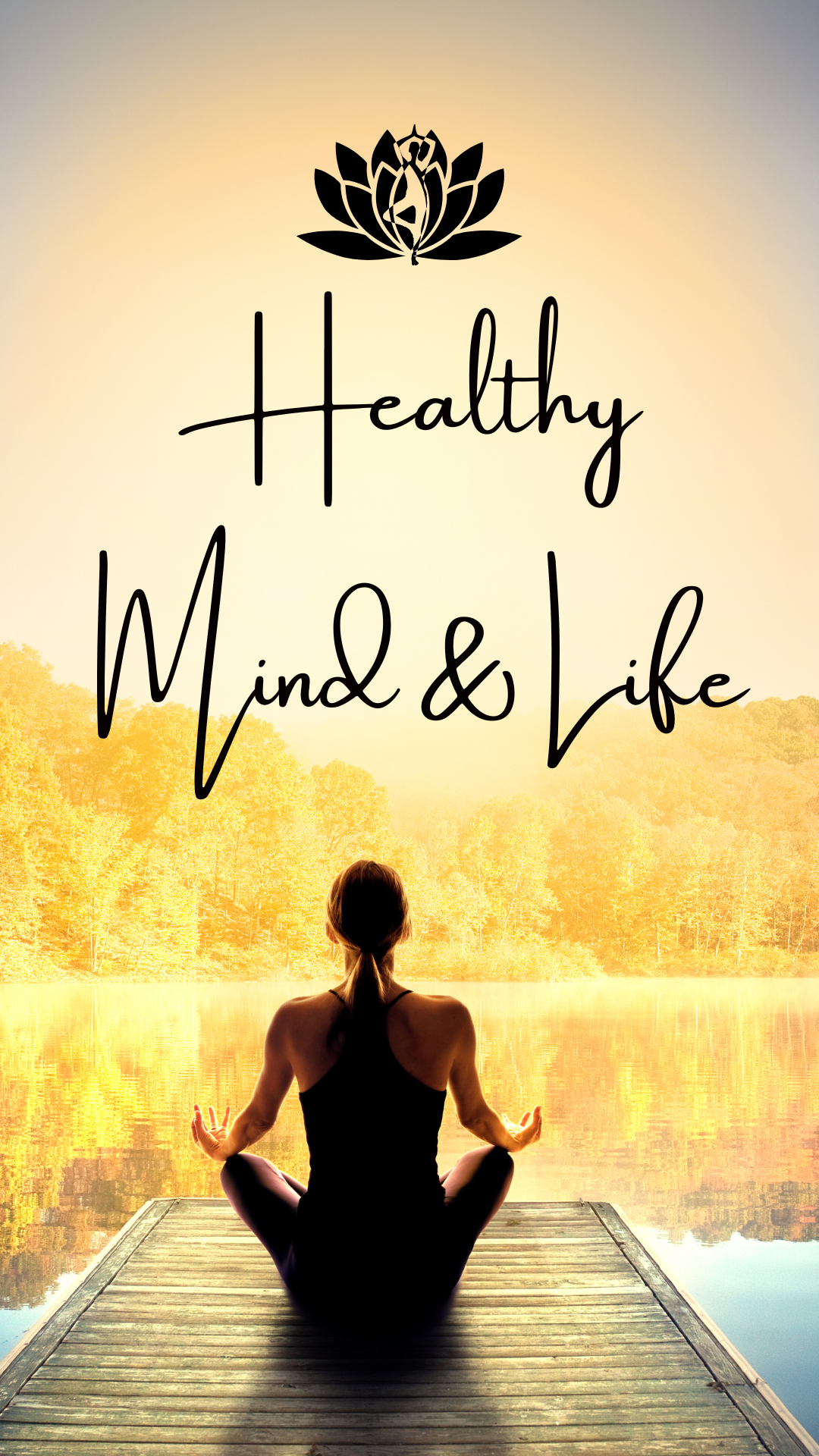
Communication is the key to a healthy and happy relationship. It not only helps us to express our thoughts and feelings but also strengthens the bond between us. Effective communication is important as it can have a huge impact on our mental and physical well-being. Poor communication can cause misunderstandings, conflicts, and stress, which can affect our health negatively. On the other hand, good communication can improve our relationships, reduce stress, promote understanding, and increase happiness.
So, how can we improve our communication skills? In this blog, we will discuss some tips and techniques that can help you communicate effectively and build stronger relationships. From active listening to cultivating empathy, we will explore various aspects of communication that can help you connect with others on a deeper level. So, let's dive in!
Active listening
Active listening is a crucial aspect of effective communication that allows people to connect with each other and develop strong relationships. Understanding the basics of active listening involves actively engaging with the speaker, maintaining eye contact, and avoiding distractions. By doing this, you can show that you are interested in what the other person is saying and that their thoughts and opinions matter to you.
The benefits of active listening are numerous, including building trust, improving communication, and reducing misunderstandings. It can also help alleviate stress and anxiety for the speaker, who may feel heard and validated. Moreover, active listening fosters empathy and compassion, which lays the foundation for stronger relationships. Improving your active listening skills is a valuable tool for effective communication.
One way to do this is by asking open-ended questions that encourage the speaker to share more about their thoughts and feelings. Summarizing and paraphrasing what the other person said can also help clarify any misunderstandings and demonstrate that you are actively listening.
Lastly, practicing patience and avoiding interrupting the speaker can go a long way in improving your active listening skills. Remember, listening is not just about hearing the words being spoken, but also about understanding the thoughts and emotions behind them. By actively listening, you can build stronger relationships and improve your mental and physical health.
Nonverbal communication
Nonverbal communication is a crucial aspect of effective communication that is often ignored or overlooked by many. It involves communication without the use of words, through body language, gestures, facial expressions, and tone of voice. There are different types of nonverbal communication, including proxemics, kinesics, haptics, and paralinguistics.
Understanding body language and facial expressions is particularly important in nonverbal communication. Facial expressions such as smiling or frowning and body language such as crossing arms or leaning forward can convey a great deal of information and emotions. It is essential to pay attention to these cues to gain a better understanding of what a person is trying to communicate.
Using nonverbal communication effectively can help in building stronger relationships. For instance, maintaining eye contact during a conversation can show that you are interested and engaged. Using appropriate facial expressions can help convey empathy or understanding. So it's important to make sure you use nonverbal communication effectively.
In conclusion, nonverbal communication is an essential aspect of effective communication. Understanding different types of nonverbal communication, body language, and facial expressions, and using them effectively can help in building stronger relationships.
Assertive communication
Assertive communication is an important aspect of effective communication that promotes healthier relationships. It involves expressing your thoughts, feelings and needs in a clear and confident manner. Assertiveness enables you to communicate more effectively and stand up for yourself without being aggressive or hostile towards others.
Communicating assertively requires being respectful of other's views and opinions while expressing your own. It also involves using "I" statements instead of "you" statements. This way, you can communicate your feelings without making the other person feel attacked, leading to productive conversations.
Assertiveness has several benefits, including better relationships, increased self-esteem, and reduced stress levels. Assertiveness helps individuals to assert their boundaries, making interactions more productive and efficient while reducing conflicts.
Effective communication skills include being assertive as well as actively practising listening and empathy, understanding nonverbal communication, and healthy conflict resolution. These skills foster stronger relationships, mental health, and overall happiness.
Dealing with conflict
Conflicts are inevitable in any relationship, and they can arise due to various reasons. It could be as simple as a misunderstanding or a difference of opinion, or as complex as a power struggle or a major personality clash. Whatever the cause may be, conflicts can take a toll on our mental and physical health if not handled effectively. Understanding the causes of the conflict is the first step towards managing it effectively.
Sometimes, conflicts arise due to underlying emotions such as jealousy, resentment, or fear. It's essential to identify and acknowledge these emotions to address the root cause of the conflict. Managing conflict effectively involves actively listening to the other person's perspective, expressing your own thoughts and feelings assertively and respectfully, and finding a win-win solution.
It's crucial to approach conflict with an open mind and a willingness to compromise. De-escalation techniques can also be helpful in diffusing a conflict before it gets out of hand. This could involve taking a break to cool off, seeking feedback from a neutral party, or practising relaxation techniques such as meditation or deep breathing exercises.
Remember, conflicts are not always bad, and they can provide an opportunity for growth and deeper understanding in relationships. By understanding the causes of the conflict, managing it effectively, and practising de-escalation techniques, we can cultivate stronger and healthier relationships.
Cultivating empathy
Empathy is the ability to understand and share someone else's feelings. It is an essential component to cultivate stronger relationships. Empathy is about more than just putting yourself in someone else's shoes. It requires active listening and understanding of the person's perspective.
There are many benefits to cultivating empathy in relationships. First, it leads to better communication and understanding between partners. When you try to understand someone else's perspective, you are less likely to misinterpret their message. This will ultimately lead to fewer misunderstandings and disagreements. To practice empathy, try to put yourself in the other person's shoes.
Listen actively to what they have to say, and acknowledge their feelings. Understand that everyone's experiences are different, and it is important to respect that. Empathy exercises can also be helpful in strengthening relationships.
One exercise is to practice active listening skills. This involves repeating back what the other person has said to ensure that you have understood them correctly. Another exercise is to take turns sharing personal experiences.
This will help both parties understand each other's perspectives better. Overall, empathy is an essential component of effective communication and stronger relationships. Practicing empathy can lead to numerous benefits, including improved communication, better understanding, and stronger bonds.
Conclusion
Effective communication is essential for maintaining strong relationships, which in turn, impact both mental and physical health for the better. Healthy relationships reduce stress levels, improve self-esteem, and increase longevity.
Therefore, it is crucial to develop and improve your communication skills to enjoy these benefits fully. To communicate effectively, you must learn to listen actively, use assertive communication, and cultivate empathy. You must also understand the basics of nonverbal communication and how to manage conflicts effectively.
Once you've attained these skills, it's time to practice them, which will help you develop and maintain stronger relationships. In conclusion, effective communication is essential for mental and physical health, and improving your communication skills can lead to stronger relationships.
By following the tips in this blog, you can enhance your communication skills and learn to nurture stronger, healthier relationships.













.png)


Write a comment ...